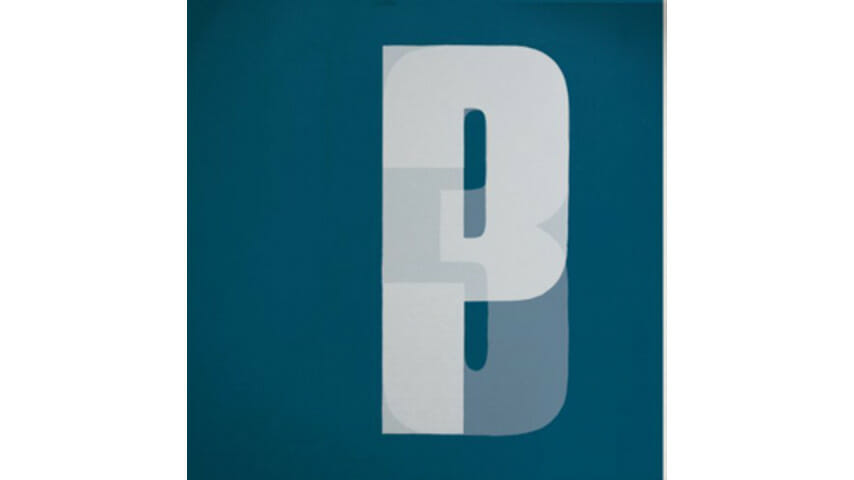Portishead: Third

A decade removed from reigning over trip-hop’s dark kingdom, Portishead returns with more uneasy listening
In the music industry’s accelerated calculus, 10 years can contain a lifetime’s worth of activity. Since Bristol, U.K., trip-hop trio Portishead released its eponymously titled studio album in 1997, we’ve observed the following earthly phenomena: a third of the music industry’s value erased since 2000, major labels on the endangered species list, the popularity explosion of digital file formats (thus dooming what were once quaintly known in the 20th century as “record stores”), the rise and fall of Britney Spears. It’s enough to give you vertigo.
Portishead may have taken an extended group hiatus, but it’s not as if its members made like Rip Van Winkle, sleeping through the millennial turnover only to awaken and find that trip-hop (gasp!) had essentially disappeared. Beth Gibbons, the group’s sonic doppelganger for Billie Holiday, released the spellbinding (if understated) 2002 album Out of Season in partnership with Talk Talk’s Paul “Rustin’ Man” Webb. And Portishead’s resident beat alchemist, Geoff Barrow, remixed tracks from Gravediggaz and The Pharcyde while producing The Coral’s fourth LP in partnership with official Portishead third wheel Adrian Utley, the band’s invisible jazzbo instrumentalist.
-

-

-

-

-

-

-

-

-

-

-

-

-

-

-

-

-

-

-

-

-

-

-

-

-

-

-

-

-

-

-

-

-

-

-

-

-

-

-

-








































